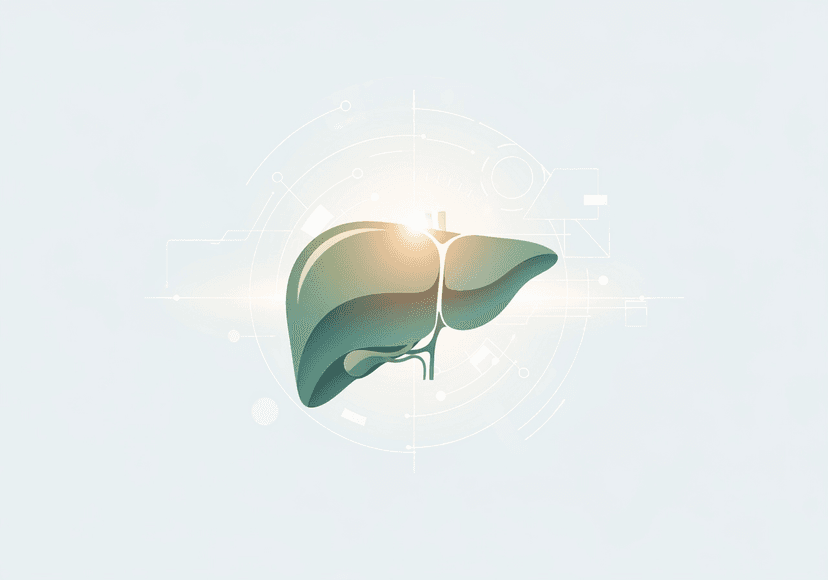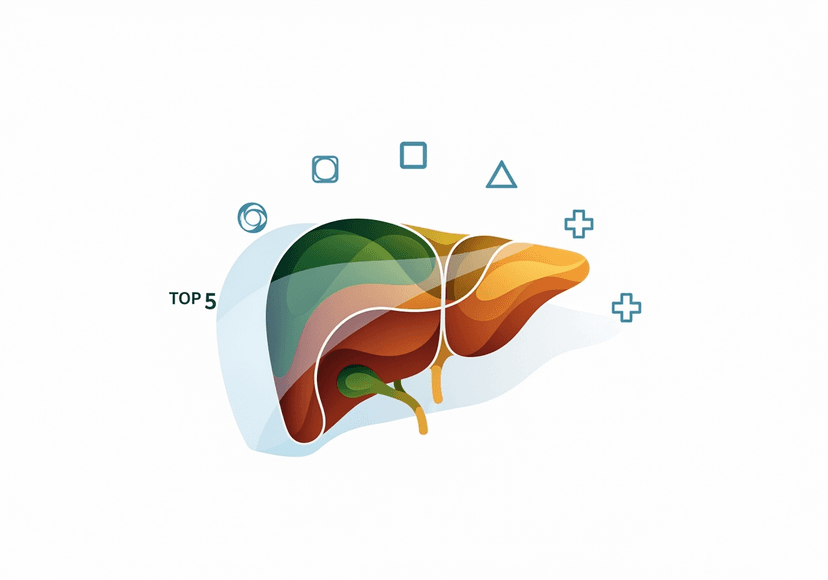
Liver Transplant and Pregnancy: What You Need to Know
02 Oct, 2024
 Healthtrip
HealthtripWhen it comes to liver transplantation and pregnancy, there are a multitude of factors to consider. As a woman, receiving a liver transplant can be a life-saving gift, but it also raises questions about the potential risks and challenges of becoming pregnant after the procedure. With advancements in medical technology and care, it is now possible for women who have undergone liver transplantation to have a successful pregnancy. However, it is crucial to understand the complexities involved and take necessary precautions to ensure a healthy pregnancy and birth.
The Risks of Pregnancy After Liver Transplantation
While it is possible to become pregnant after a liver transplant, there are risks involved that need to be carefully considered. One of the primary concerns is the health of the mother, as pregnancy can put a significant strain on the transplanted liver. Additionally, there is a risk of rejection, which can be triggered by the hormonal changes that occur during pregnancy. Furthermore, certain medications used to prevent rejection may not be compatible with pregnancy, and alternative medications may be necessary.
Most popular procedures in India
Rejection Risks
One of the most significant risks associated with pregnancy after liver transplantation is the risk of rejection. During pregnancy, the immune system is suppressed to prevent the body from rejecting the fetus. However, this suppression can also increase the risk of the body rejecting the transplanted liver. To mitigate this risk, it is essential to work closely with a healthcare provider to monitor liver function and adjust medication as necessary.
Wellness Treatments
Give yourself the time to relax
Lowest Prices Guaranteed!

Lowest Prices Guaranteed!
The Importance of Pre-Pregnancy Planning
Before becoming pregnant, it is crucial to consult with a healthcare provider to discuss the potential risks and challenges associated with pregnancy after liver transplantation. This planning phase is critical in ensuring a healthy pregnancy and birth. A healthcare provider can help determine the best course of treatment, including adjusting medications and monitoring liver function.
Multidisciplinary Care
A multidisciplinary team of healthcare providers, including obstetricians, hepatologists, and transplant specialists, should be involved in the care of a pregnant woman who has undergone liver transplantation. This team can provide comprehensive care and address any concerns or complications that may arise during pregnancy.
Managing Medications During Pregnancy
Medications used to prevent rejection, such as immunosuppressive drugs, can be toxic to the fetus and may need to be adjusted or changed during pregnancy. A healthcare provider can help determine the best course of treatment and ensure that medications are safe for both the mother and the fetus.
Monitoring Fetal Development
Regular monitoring of fetal development is crucial to ensure a healthy pregnancy. This includes regular ultrasounds and fetal monitoring to detect any potential complications or abnormalities.
Support System
HAVING a strong support system in place is essential for any woman who has undergone liver transplantation and is considering pregnancy. This support system can include family, friends, and healthcare providers, who can offer emotional support and guidance throughout the pregnancy journey.
Success Stories
While there are risks associated with pregnancy after liver transplantation, there are also many success stories. With advancements in medical technology and care, it is now possible for women who have undergone liver transplantation to have a healthy pregnancy and birth. These success stories serve as a testament to the importance of pre-pregnancy planning, multidisciplinary care, and a strong support system.
Related Blogs

How Healthtrip Ensures Quality & Safety in Liver Transplant Procedures
Detailed guide on liver transplant, featuring doctors, hospitals, risks, recovery,

End-to-End Logistics for Liver Transplant with Healthtrip's Support
Detailed guide on liver transplant, featuring doctors, hospitals, risks, recovery,

Healthtrip's Care Coordinators: Your Support During Liver Transplant
Detailed guide on liver transplant, featuring doctors, hospitals, risks, recovery,

Top 5 Indian Hospitals for Liver Transplant
Detailed guide on liver transplant, featuring doctors, hospitals, risks, recovery,

Post-Liver Transplant Diet and Lifestyle Tips
Detailed guide on liver transplant, featuring doctors, hospitals, risks, recovery,

Common Risks in Liver Transplant and How Healthtrip Manages Them
Detailed guide on liver transplant, featuring doctors, hospitals, risks, recovery,










